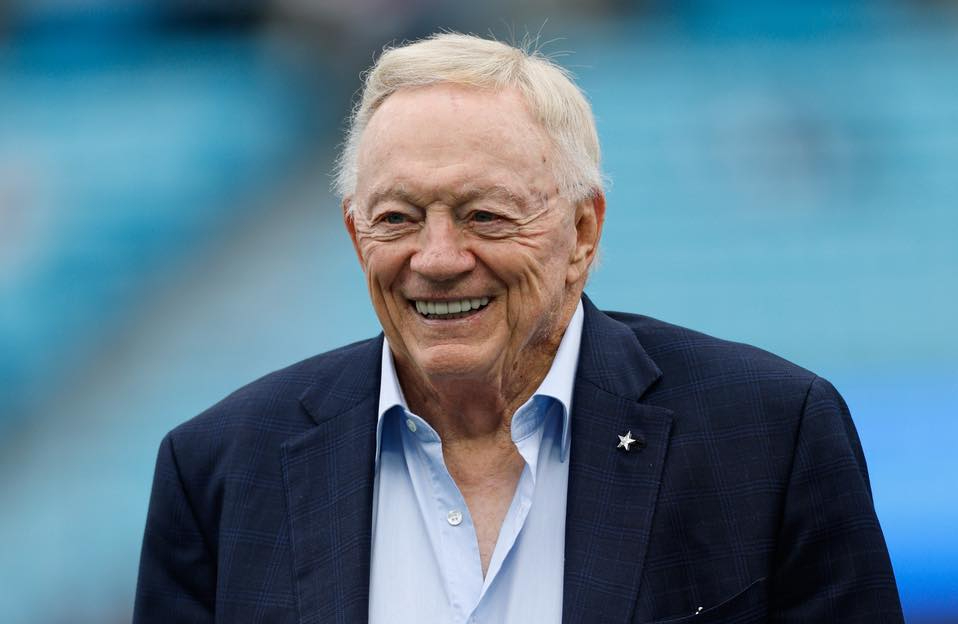Jerry Jones and the Dallas Cowboys: A Billionaire’s Playbook for Sports Ownership
Few figures in sports embody ambition, risk-taking, and strategic vision like Jerry Jones. His journey from Arkansas oil entrepreneur to owner of the Dallas Cowboys demonstrates how leadership, wealth management, and a flair for business can converge in the world of professional sports. For CEOs and investors, Jones’s story offers lessons on asset diversification, operational control, and brand-building at the highest level.
From Oil Fields to Football Fame
Born in 1942 in North Little Rock, Arkansas, Jerry Jones grew up in a family of modest means, running grocery stores. Excelling in sports early, he played college football at the University of Arkansas, captaining the 1964 championship team. After graduation, he launched into the oil business, founding an exploration company that achieved early success in East Texas and Louisiana. This initial wealth provided the foundation for his future high-profile investments.
Buying the Cowboys: A Transformational Decision
In 1989, Jones purchased the Dallas Cowboys for roughly $140–150 million, immediately making waves by replacing legendary coach Tom Landry with Jimmy Johnson. Critics questioned the audacity of the move, but it marked the beginning of a franchise transformation. Under Jones’s guidance, the Cowboys captured three Super Bowl titles in the early 1990s, elevating the team into a global brand synonymous with both success and spectacle.
Ownership also allowed Jones to exercise full operational control. Unlike many franchise owners, he took on the dual role of team president and general manager, influencing every strategic and football-related decision. This hands-on approach has become a hallmark of his tenure.
Building a Business Empire Around a Team
Owning the Cowboys is not simply about on-field victories. Jones recognized early that sports franchises can be leveraged as diversified business assets. He co-founded Legends Hospitality, which manages merchandising, stadium operations, and events, while leading the construction of AT&T Stadium—a venue that redefined fan experiences and corporate sponsorship opportunities.
According to Forbes, the Cowboys are now valued at approximately $13 billion, making them the most valuable NFL franchise. Jones’s wealth, estimated in the tens of billions, remains closely tied to both his sports and energy ventures, including Comstock Resources, his majority-owned natural gas company.
Financial and Strategic Lessons for CEOs
Jones’s story underscores the strategic power of alternative asset classes. Sports franchises offer scarcity, brand value, and revenue diversification through media rights, ticketing, merchandising, and sponsorships. Proper legal structuring—through LLCs, trusts, and operational subsidiaries—protects wealth while allowing long-term growth.
For business leaders, his approach illustrates how to balance risk and control. Bold investments, operational oversight, and leveraging brand visibility can yield extraordinary returns when paired with disciplined management.
Looking Ahead: Legacy and Leadership
Even as the Cowboys continue to generate massive revenue, Jones shows no sign of slowing down. Investments in energy and entertainment ventures provide financial stability while reinforcing his legacy as a visionary owner. For CEOs, investors, and sports executives, his career is a blueprint for combining passion with strategy, influence, and tangible asset growth.
The takeaway is clear: high-stakes ownership is not about prestige alone—it is about building, managing, and protecting an empire with foresight, discipline, and operational insight.
FAQs: Insights into Sports Ownership and Strategy
What makes the Dallas Cowboys such a valuable franchise?
Scarcity, global brand recognition, diversified revenue streams, and strategic stadium and merchandising investments drive its $13 billion valuation.
How does Jerry Jones manage operational control?
Jones serves as team president and general manager, influencing personnel, financial, and strategic decisions directly.
Can sports franchises be profitable investments for CEOs and investors?
Yes, when combined with media rights, merchandising, sponsorship deals, and strong operational management, franchises can deliver long-term financial returns.














